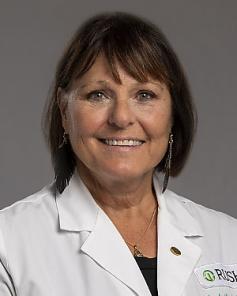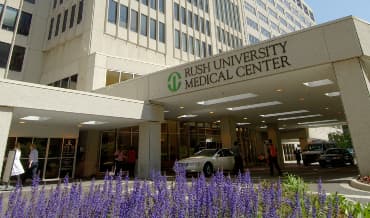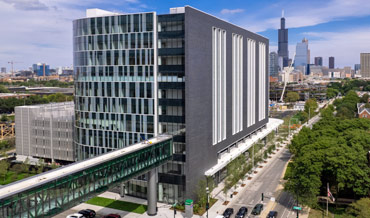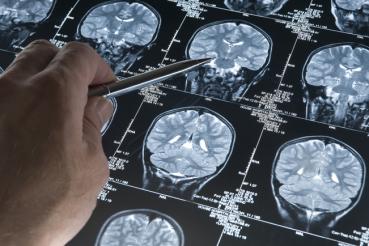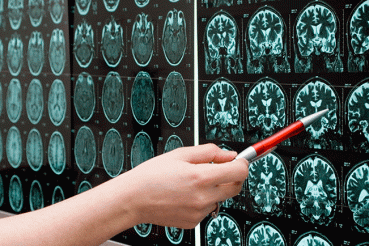Conditions and Treatments
- Atrial fibrillation: Atrial fibrillation, or AFib, is a fast and irregular heart rhythm that can lead to blood clots, stroke and heart failure.
- Diabetes: Diabetes occurs when you lack the hormone insulin, or when your insulin isn’t working properly to move blood sugar (blood glucose) to your body's cells. High blood sugar can cause plaque deposits or blood clots that block blood vessels.
- Genetic predisposition to blood clots: Blood clots that form in blood vessels can cause thrombosis, or obstructed blood flow. If a clot breaks loose, it can travel through your blood vessels and block blood flow to the brain.
- High cholesterol (dyslipidemia): Cholesterol or other fatty substances in your blood can build up on blood vessel walls, where they can slow down or block blood flow.
- Hypertension: Hypertension, or high blood pressure, happens when the force of blood pushing against the walls of your blood vessels is too strong. It can damage your heart and blood vessels.
- Obstructive sleep apnea: Sleep apnea causes you to stop breathing frequently while you're asleep. This makes your blood oxygen level drop, which can contribute to high blood pressure and AFib.
- Silent strokes/infarcts: A silent stroke is a stroke that doesn’t cause symptoms, but can cause damage to brain tissue.
Lifestyle changes and medications can help reduce your risk of stroke by controlling your blood pressure, blood sugar and cholesterol. We’ll educate and support you on the following ways to manage your stroke risk:
- Blood pressure control
- Blood sugar control
- Cholesterol management
- Exercise
- Nutrition counseling
- Smoking cessation




